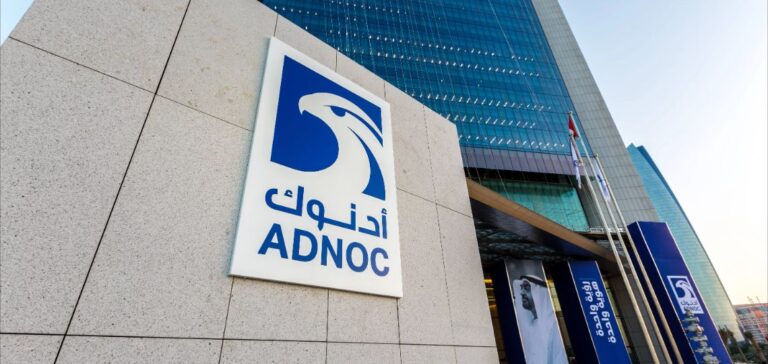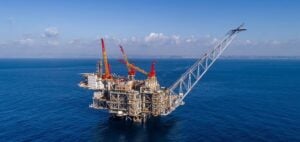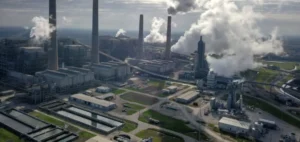The year 2024 was a turning point for ADNOC Gas, one of the key players in natural gas in the United Arab Emirates (UAE). The company achieved a record net profit of $5 billion, recording a 13% increase compared to the previous year. This performance was driven by strong domestic demand, increased sales volumes, and improved pricing.
Growth supported by demand and volume optimization
The company’s adjusted revenues increased by 7% year-on-year, reaching $24.43 billion. This rise is explained by a 2% increase in sales, which amounted to 3,616 million million British thermal units (MMBTU). The 13% higher contribution from the ADNOC LNG (ALNG) joint venture also strengthened the company’s commercial momentum.
With earnings before interest, taxes, depreciation, and amortization (EBITDA) reaching $8.65 billion, up 14%, ADNOC Gas has demonstrated its ability to maintain solid margins. The EBITDA-to-revenue ratio stood at 35%, confirming the company’s operational efficiency and financial stability.
Rising quarterly results and an ambitious investment strategy
The fourth quarter of 2024 was particularly strong, with net income reaching $1.38 billion, the highest since the company’s IPO. Quarterly EBITDA reached $2.28 billion, a 3% increase from the previous quarter.
To support its growth, ADNOC Gas plans strategic investments of $15 billion between 2025 and 2029. A significant portion of these funds will be allocated to acquiring ADNOC’s 60% stake in the low-carbon intensity Ruwais liquefied natural gas (LNG) project, scheduled for the second half of 2028.
Increasing dividends reflect a stable return policy
ADNOC Gas’s dividend distribution policy continues to grow, with a total payout of $3.41 billion for the 2024 fiscal year. An initial tranche of $1.71 billion was paid in September 2024, while the remaining amount will be distributed in April 2025, pending approval at the Annual General Meeting. This 5% annual increase aligns with the company’s strategy to ensure regular returns to shareholders, backed by free cash flow of $4.58 billion.
ADNOC Gas’s strong performance and growth outlook illustrate the company’s ambition to expand its influence in the gas market while capitalizing on growing demand and targeted investments to strengthen its positioning.
##





















